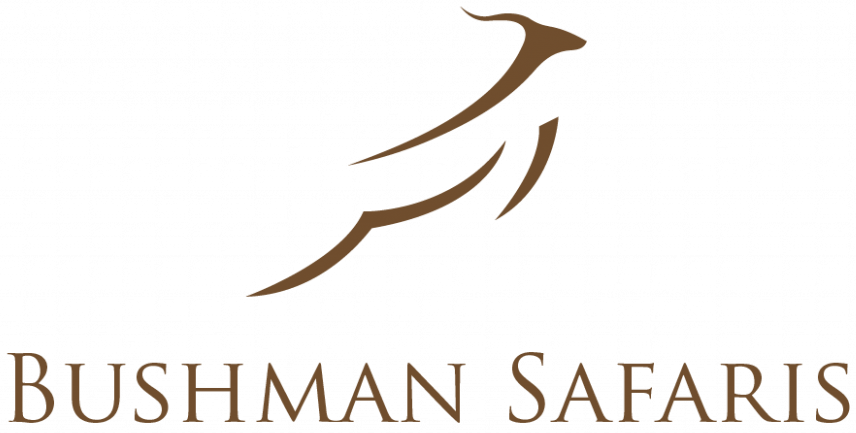Unveiling the Impact of Poaching in Queen Elizabeth National Park: A Call to Action
Queen Elizabeth National Park is a treasured landscape in Uganda, celebrated for its vibrant biodiversity. Unfortunately, the scourge of poaching now poses a serious threat to this cherished area. The practice of poaching disrupts the delicate balance between humans and wildlife and strains the relationships within communities.
Recognizing and addressing this pain is crucial in preserving the park and safeguarding the future for local communities.
The Hidden Pain Behind Poaching
Poaching is more than mere statistics—it is a narrative of both human and natural suffering. It takes away not just the wildlife but disrupts family structures and affects the daily existence of the local population.
Often, a family enters the park driven not by the allure of its landscapes, but by the necessity to survive through hunting. Using traditional methods under the harsh sun, conflicts arise and dangers lurk. A daughter may be told to wait while her father ventures ahead, needing to protect and provide simultaneously, which sometimes leads to tragic loss.
This scenario is all too common near Queen Elizabeth Park, illustrating a shared destiny between people and wildlife, where poaching drives fear, loss, and injustice.
Why Poaching Persists at Queen Elizabeth Park
The persistence of poaching is attributed to a complex mix of factors:
- Economic necessity: For some, poaching is seen as a quick means to provide sustenance.
- Insufficient patrolling: The expansive park and limited number of rangers make effective surveillance challenging.
- Global demand: There’s still a significant international market for animal parts.
- Ambiguous regulations: The long-term impacts of poaching are not well understood by many.
The Toll on Wildlife and Communities
The repercussions of poaching are severe:
- Declining wildlife populations: Species like lions, elephants, and antelopes are particularly affected.
- Ecosystem disruption: Removing pivotal species disrupts food chains and ecological balance.
- Community suffering: Families often mourn the loss of loved ones involved in illicit hunting activities or wildlife conflicts.
- Legal repercussions: Captured poachers face prison, shattering their lives and fueling resentment.
A Path Forward: Collective Responsibility
The park implores all of us to help. We need to reassess and rebuild our connection with nature by taking decisive steps:
- Enhance security: Additional rangers equipped with modern tools such as drones and trackers can deter poachers effectively.
- Strengthen community bonds: Educating locals about the benefits of conservation can foster greater environmental stewardship.
- Create alternative employment: Opportunities in eco-tourism, sustainable agriculture, and crafts can replace reliance on illegal activities.
- Reform policies: More robust regulations and international collaborations can clamp down on wildlife trafficking.
- Provide support: Offer necessary aid and legal assistance to families affected by poaching.
Why It Matters to Us All
The fate of Queen Elizabeth National Park and its diverse ecosystem rests in our hands. We face a choice: allow poaching to continue unchecked, or take action to preserve this unique natural gem.
This narrative is a microcosm of the global need to harmonize our existence with nature. Protecting wildlife means safeguarding human communities as well.
In our mission to protect Queen Elizabeth National Park, each small action contributes to building a robust defense. By promoting eco-tourism and advocating for stringent anti-poaching laws, we fortify our collective resolve.
Poaching is not merely a crime against wildlife; it represents a communal tragedy. Awareness of its impact and a commitment to intervention are our initial steps towards healing this land and valuing every life it supports.
Ready to Embark on Your Journey? Check out our Tours
Experience the thrill of a lifetime with Bushman Safaris. From tailor-made itineraries to expert guides, we ensure your adventure is both safe and unforgettable. Get in Touch to Begin Your Safari Booking








